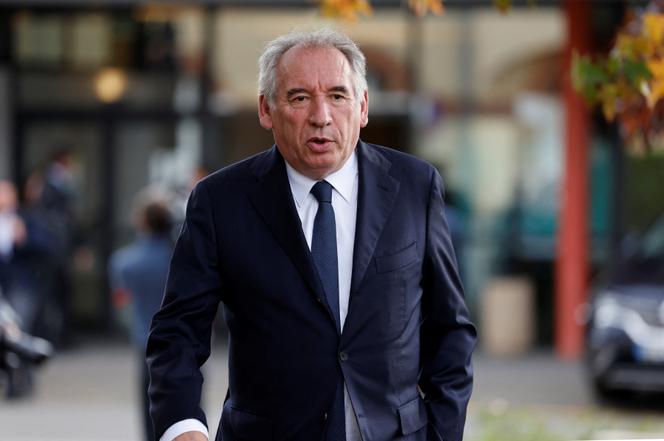


French President Emmanuel Macron appointed François Bayrou as prime minister on Friday, December 13, over a week after lawmakers voted to oust conservative ex-prime minister Michel Barnier.
A heavyweight politician who has been allied to Macron since he swept to power in the 2017 election campaign, Bayrou heads the MoDem party which is allied to, but not part of, Macron's centrist force.
Bayrou, 73, was acquitted in February after a seven-year-long case over the fraudulent employment of parliamentary assistants by his party, opening up a potential return to government. In 2017, he served as Macron's first justice minister but was replaced after just one month because of ethics concerns over the case.
Socialist Party leader Olivier Faure, whose forces could prove useful for Macron in ensuring the stability of the next government, had said on Wednesday he opposed naming Bayrou as he would embody "continuity" with Macron's policies.
Meanwhile Bayrou will also have to navigate hostility from the still-influential former right-wing French president Nicolas Sarkozy. The two have a longstanding antagonism.
Bayrou becomes France's fourth prime minister in 2024, a record since the establishment of the Fifth Republic. In January, Macron had replaced Elisabeth Borne, France's second-ever woman prime minister, by Gabriel Attal, the youngest person to hold the position.
In June, Macron dissolved the Assemblée Nationale after the far right trounced his coalition in the June 9 European elections, and called snap parliamentary elections that yielded no majority. After a seven-week wait, Macron chose to appoint Barnier, from the right-wing Les Républicains (LR) party, in order to widen his coalition. Yet, still short of a majority, Barnier was overthrown three months later, becoming the Fifth Republic's shortest-serving prime minister.
Macron's search for a new prime minister was made more difficult by the complex political situation that emerged from July's snap parliamentary elections: It would be difficult to secure a government against potential no-confidence votes in the lower house, which is split three ways between a left-wing alliance, centrists and conservatives, and the far right.
Macron held round-table talks earlier this week with party leaders at the Elysée Palace, with the aim of finding some sort of broad alliance to form a government that could survive a no-confidence vote and pass a budget for next year. The leaders of the far-right Rassemblement National (RN) and radical-left La France Insoumise (LFI) parties, who had joined forces to oust Barnier, were not invited.
Barnier's caretaker administration, on Wednesday, reviewed a bill designed to keep the government's lights on without a formal financial plan for 2025, allowing tax collection and borrowing to continue. Lawmakers are expected to widely support the draft "special law" when it comes before parliament on Monday.
